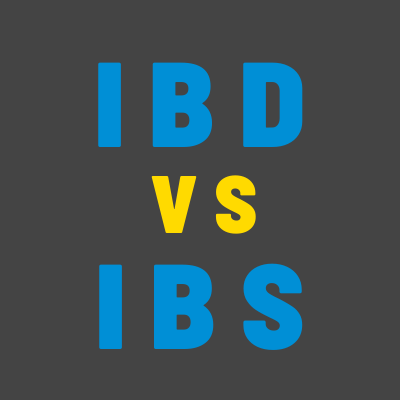IBD vs IBS
By Karin Hehenberger, MD, PhD

| There has been some controversy around the disease categories IBD and IBS, and I wanted to address it with a commentary from someone who has been in these kind of discussions across the life sciences field. I would also like to invite discussion from others on www.IBDLyfe.com where I am posting this commentary. IBD, or inflammatory bowel disease, is a relatively rare collection of disorders affecting primarily the small and large intestines but also being a systemic disease of inflammatory and perhaps even of autoimmune origin. These diseases include for example ulcerative colitis and Crohn’s disease (morbus Crohn). Around 2.5M people are affected in the US and many are struggling with serious consequences such as surgical complications, immune suppression and severe dehydration and malnourishment. Treatments include a range of options but very strong medications are included in the regimen that may have serious side effects. The disease affects young people but is chronic and may even cause mortality in some cases, especially in underdeveloped countries where patients have less access to care. IBS, or irritable bowel syndrome, is a very common condition, affecting around 10 percent of the population. It may cause diarrhea, constipation, pain and other gastrointestinal symptoms regularly. Many people with IBD also suffer from IBS symptoms while very few people with IBS also have IBD. And people with IBS may often feel better if they change their eating habits while people with IBD most often need more than dietary changes to treat their disease (although nutrition is an important component of IBD management). There are specialists who treat IBD, while IBS most often can be addressed by a PCP and a nutritionist. Despite the differences, we do not feel that it is right to exclude the IBS community from IBDLyfe, although we clearly understand that IBD patients need more, and more specialized, medical help and often even surgical procedures. However, the symptoms of IBS very often overlap with those of IBD patients and both categories of patients need the mental support and shared insights from a peer community. At Lyfebulb, we are all about inclusivity and believe what one person has learned about handling their chronic illness can maybe help someone else, even if their disease origins are dramatically different. Please join us in sharing your stories at www.IBDLyfe.com. |
